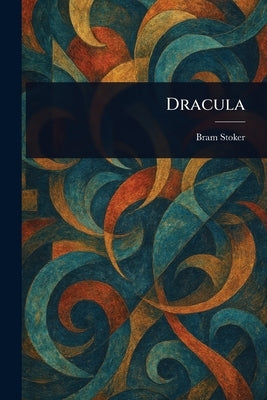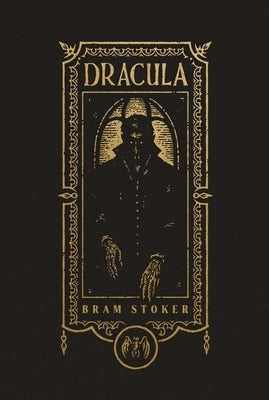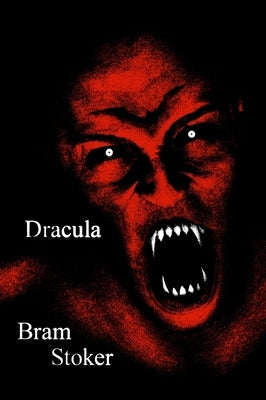Sale 10% Off Your First Order
Sale 10% Off Your First Order
Movies & TV
Toys & Collectibles
- Home
- Dracula's Guest
Description
"Dracula's Guest" is a short story by Bram Stoker, first published in the short story collection Dracula's Guest and Other Weird Stories (1914). It is believed to be the first chapter for Stoker's 1897 novel Dracula, but was deleted prior to publication as the original publishers felt it was superfluous to the story.
It is widely believed that "Dracula's Guest" is actually the deleted first chapter from the original Dracula manuscript, which the publisher felt was superfluous to the story. In the preface to the original edition of Dracula's Guest and Other Weird Stories, Stoker's widow Florence wrote, "To his original list of stories in this book, I have added an hitherto unpublished episode from Dracula. It was originally excised owing to the length of the book, and may prove of interest to the many readers of what is considered my husband's most remarkable work."
Leslie S. Klinger, who had access to Stoker's original Dracula manuscript while researching his 2008 book The New Annotated Dracula, saw evidence of "Dracula's Guest" having been deleted from the manuscript, such as a deleted sentence of Harker commenting that his throat is "still sore from the licking of the gray wolf's file-like tongue" and the first and second chapters of the finished novel being labeled in the manuscript as "ii" and "iii". Klinger ultimately concludes the following:
And so what may we make of ["Dracula's Guest"]? Without the name "Dracula" appearing in the title and [Dracula's] message [sent to the narrator], there would be very little to connect this traveler's tale with [the novel Dracula]. The style is completely different; the narrator shares few characteristics with Jonathan Harker; and the action somehow fails to connect the story set forth in [Dracula]. However, there are numerous references in the [Dracula] Manuscript to some version of the tale eventually published as "Dracula's Guest." Most likely, a different draft - one that identified the narrator as Harker - was included in ... an early version of [the Dracula manuscript]. It may be that Stoker's publisher requested that the book be shortened, or the publisher (or Stoker) may have felt that the "stylistic" aspects of the narrative were more important than its veracity. For whatever reason, the material was excised, and only later did Stoker return to the material and work it into its published form.
Further deleted sentences from Harker include the mention of his "adventures in Munich" in a conversation with Dracula. Also the "fair women" of the female vampires reminds him of the woman he "had seen in the tomb of Walpurgis Night".
The Swedish scholar Rickard Berghorn noted that the description of the countess in Dracula's Guest closely resembled the description of the female Vampire in the Powers of Darkness, which he used to argue that the blonde vampire in Dracula's Guest was her. (wikipedia.org)
About the author:
Abraham Stoker (8 November 1847 - 20 April 1912) was an Irish author who wrote the 1897 Gothic horror novel Dracula. During his lifetime, he was better known as the personal assistant of actor Sir Henry Irving and business manager of the West End's Lyceum Theatre, which Irving owned.
In his early years, Stoker worked as a theatre critic for an Irish newspaper, and wrote stories as well as commentaries. He also enjoyed travelling, particularly to Cruden Bay where he set two of his novels. During another visit to the English coastal town of Whitby, Stoker drew inspiration for writing Dracula. He died on 20 April 1912 due to locomotor ataxia and was cremated in north London. Since his death, his magnum opus Dracula has become one of the most well-known works in English literature, and the novel has been adapted for numerous films, short stories, and plays.
(wikipedia.org)
Related Products
You May Also Like
-
-
$21.99 $29.99
-
-
Recently Viewed Products
Related Products
Recently viewed products
Shopping cart
close
-
WHAT ARE YOU LOOKING FOR?Search
- Home
- Movies & TV
- Music
- Toys & Collectibles
- Video Games
- Books
- Electronics
- About us
- Castle Chronicles
- Contact us
- Login / Register







